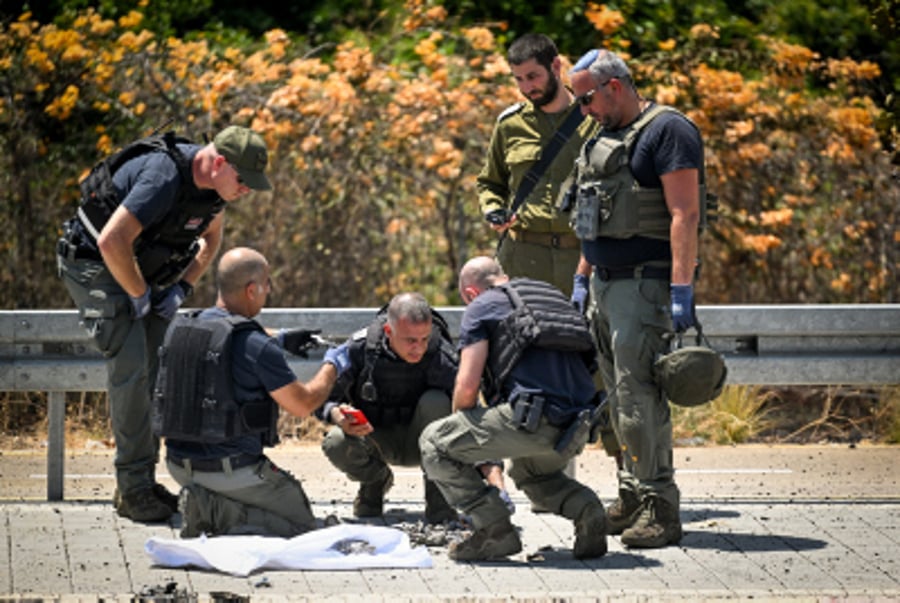
In the pre-dawn hours of a tense August morning, the skies over northern Israel erupted with the thunder of warplanes and the wail of sirens. For the battle-weary residents of Israel's north, it was a familiar symphony – but this time, the tune struck a discordant note.
As 100 Israeli jets screamed towards targets in southern Lebanon, decimating Hezbollah's missile sites, a bitter realization dawned on the northern communities: This wasn't about them. This was about Tel Aviv.
"We're the spam of the State of Israel," says Avner Sherez, a resident of Ma'alot-Tarshiha, his voice tinged with frustration and betrayal. "It's only when they aim at Tel Aviv that it's considered something worth preventing. But when they aim at us in the north? They ignore it. It's infuriating."
For over ten months, Israel's northern frontier has been a warzone. Rockets, missiles, and drones have rained down on communities like Nahariya, Kiryat Shmona, and countless others. Yet, it was the threat to Israel's coastal metropolis that finally triggered a massive preemptive strike.
Major (res.) Roy Nevo, a Nahariya resident, doesn't hold back: "We feel abandoned. There's been a war in the north for more than ten months, but the government doesn't care what happens north of the Acre line. There's a whole region here that's been abandoned."
The stark contrast in response has laid bare a painful truth for many northerners – their safety seems to carry less weight than that of their Tel Aviv counterparts. This perception of second-class citizenship has ignited a firestorm of resentment and fear.
"We've learned to sleep with our shoes on," Nevo explains, "My children keep their shoes close to their beds, ready to run at a moment's notice. We have 15 seconds to reach shelter. Usually, we hear the explosions while we're still on the second floor, rushing to the bomb shelter."
Yet, amidst the chorus of dismay, there are those who see method in the apparent madness. An anonymous resident near Mount Meron offers a different perspective: "I'm convinced that within the overall strategy of managing the fronts, the State of Israel is doing its best. They're not abandoning us, just adjusting the response to the threat."
This voice of measured understanding, however, is drowned out by the overwhelming sense of betrayal felt by many.
Lobby 1701, representing thousands of northern residents, were scathing in their critique: "This morning we discovered the naked truth: A preemptive strike and threat removal for central residents - yes. Continued preemptive strike and threat removal for northern residents - no. This is a cowardly equation and an attack on the Zionist idea."
The roar of jets may have faded, but for Israel's northern communities, the echo of neglect reverberates louder than ever. Each siren, each explosion, each day of uncertainty, is a reminder of a painful question: In the eyes of their government, are all Israeli lives truly equal?
* Makor Rishon contributed to this article.




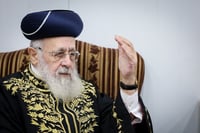
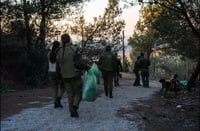
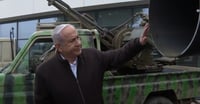

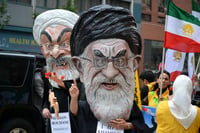
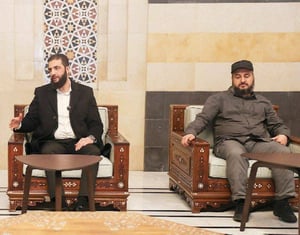
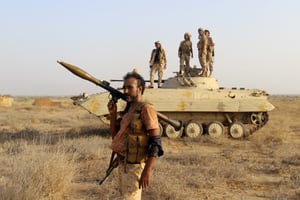

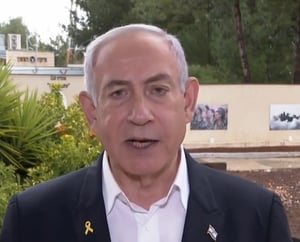
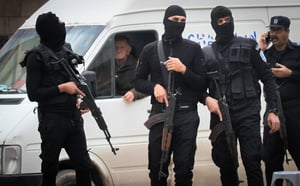
1 Comments